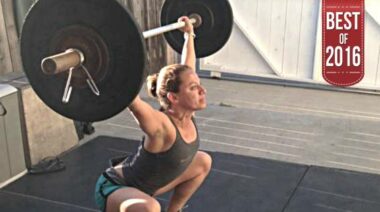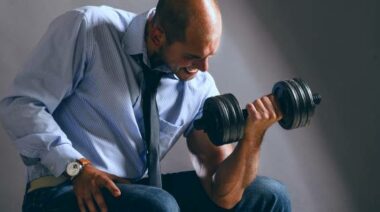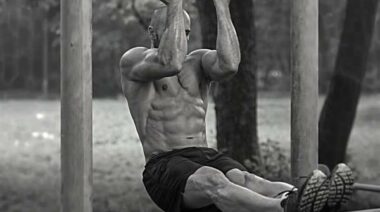I like Justin Timberlake. You do too. Admit it. Bring It on Down to Omeletteville? Hilarious. D*ck in a Box? Inspired. His latest song is called Mirrors, and it’s catchy. That’s not a matter of opinion; it’s empirically true. In between verses, I’ve been thinking about mirrors, both actual ones and how people can be mirrors for us, like JT describes in the chorus of the song. Actual mirrors reflect. They sometimes distort, like in a funhouse or in our own perception of what we are seeing, but a true mirror shows back to us what and who we are, assuming we are willing to look.
Arguably, human mirrors do the same thing. If we are willing to see it, people reflect back to us what and who we are. The problem is, sometimes we aren’t necessarily thrilled with what and who we are, and that can cause us to blame the mirror. This is kind of like blaming the car for having an empty gas tank.
Here’s an example. Recently I’ve been working with one of my favorite training partners. If I’m playing seated guard, this person is very good at flattening me out and establishing side control. It would be easy to become annoyed with this person for repeatedly thwarting my seated guard mojo. And for a while, I was doing just that, which meant I was getting the exact same result every time. Sit, get pulled to the side, get passed, get annoyed.
It wasn’t until I thought about this person as being a mirror that I started to break the logjam. I realized that my teammate’s ability to establish the same position over and over, even when I knew it was going to happen, reflected the fact that my reaction to this sequence was ineffective and that it might be time to try something different. I stopped wasting time being upset with this person for doing what good training partners are supposed to do and started using the information to help me make changes. Now, slowly but surely, my decisions are requiring this person to go through more steps in a sequence before I end up in side control. All that was happening was that I was being reflected back to myself, in the form of my teammate’s actions. It was just a matter of me deciding to be willing to see it.
Of course, sometimes human mirrors can be distorted too, such that we are right to interpret the images they reflect back to as at least partially inconsistent with reality, and this is something to consider. But the fact is, we have to be open to the possibility that what others reflect back to us about ourselves is accurate. Once we are willing to do so, we can look at the reflection and decide how, if at all, we want to modify it.
What people in your life represent the mirrors you least like to look into? Are they mirrors that reflect back to you the realities of your athletic practice? Your professional life? Your personal life? What might you gain by taking a deep breath, opening your eyes, and looking? Worry later about the purity of the reflection. For now, just look. And post your observations to comments.
Photo courtesy of Shutterstock.






